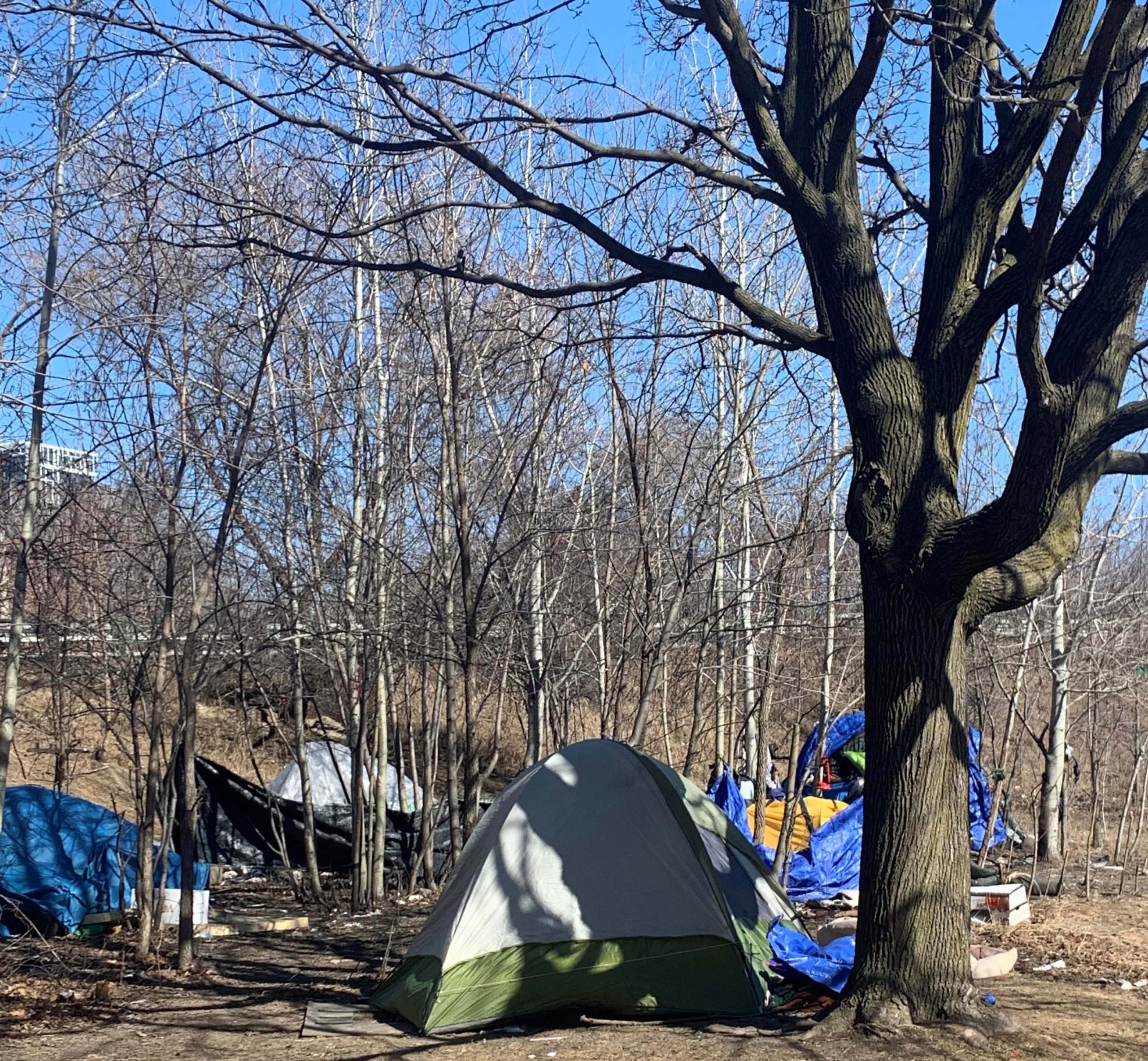Since the declaration of a global pandemic by the World Health Organization (WHO) on March 11, 2020, COVID-19 has resulted in over 315,000 cases in the province of Ontario to date.
While certain groups have been classified as being more at risk for serious infection, such as older adults and those with underlying medical conditions, other groups have been specifically impacted by the effects of COVID-19.
Particular vulnerable groups, such as homeless individuals and people who use drugs (PWUD), may be more susceptible to the impacts of COVID-19, which result in poor health outcomes.
More specifically, the homeless population in Ontario is 20 times more likely to be hospitalized with COVID-19 than the general population, 10 times more likely to be in the intensive care unit (ICU), and five times more likely to die within 21 days of a positive COVID-19 diagnosis.
“Individuals that are homeless experience unique challenges as a result of their lack of access to basic determinants of health during the pandemic, which places them at more risk of contracting the virus. As a result, their health needs must be prioritized,” says Munira Abdulwasi, PhD candidate in kinesiology and health science.
Furthermore, the implementation of public health measures in the attempt to reduce the spread of COVID-19 has resulted in unintended health consequences. For instance, homeless people rely heavily on congregated shelters and transitional housing services, and while some shelters have reduced their capacity, forcing individuals on the street, some shelters remain a high-risk setting for COVID-19 transmission. This is due to crowding, shared living spaces, difficulty to maintain physical distancing measures, and high turnover among the population.
The shelters within the city have recently experienced a number of COVID-19 outbreaks, further compromising the health and safety of those accessing the service. Not only are the clients at risk, but staff and front-line workers within the shelter system are at a heightened risk.
The recognition of this high-risk population has resulted in the City of Toronto taking the important — and rather necessary — step to ensure that homeless populations will be included in the Phase One priority for COVID-19 vaccines.
Toronto Public Health will actively work to identify the shelters that are at the highest risk of outbreak and roll out the vaccines on a shelter-by-shelter basis. The vaccines will help ensure that the health care system is not overly burdened and homeless individuals are protected.
Shelters are a critical service for homeless populations and one that should remain accessible and safe for those that need it. This is a step in advancing health equity for an extremely vulnerable group.
“Our marginalized homelessness populations being prioritized for vaccines is a vital step forward in ensuring that ALL of our community’s health needs be prioritized,” says Sean LeBlanc, founder of Drug Users Advocacy League (DUAL).
The increasing harms of the pandemic among homeless populations have presented more severe issues related to the social determinants of health and the housing crisis. While Toronto has taken a huge stride towards prioritizing the health of homeless populations, there is still a long way to go.


